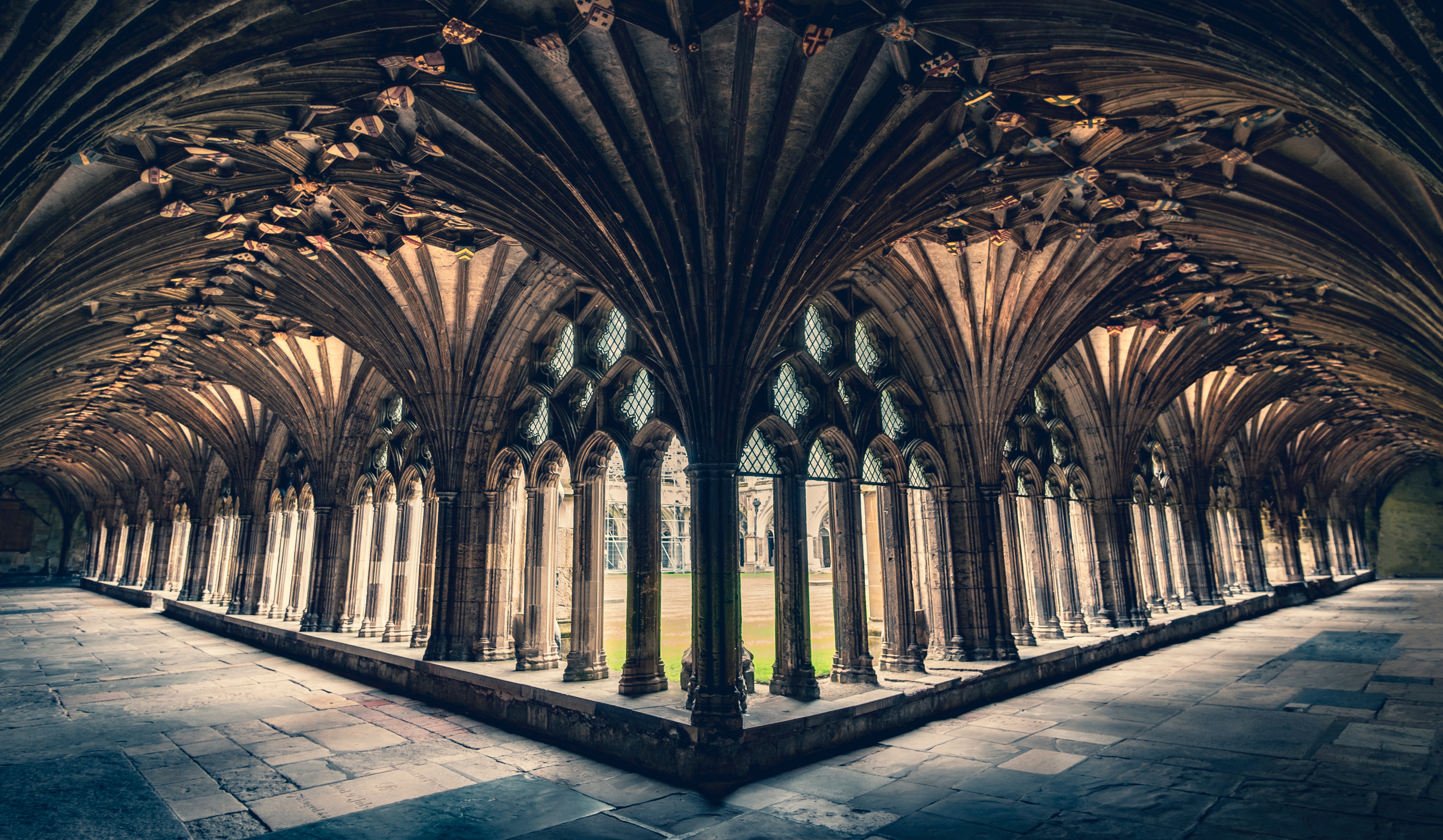The aim of this collaborative research project is to document the scholarly European encounter with Oriental cultures, languages and religions between c. 1500 and 1800.
The three main objectives are
1) to describe the scholarly and religious incentives for this encounter between Europe and the Orient;
2) to document the exchange of knowledge, ideas, values and material objects this encounter stimulated in the early modern period, and
3) to explore the institutional, conceptual and religious transformations which the encounter initiated in theology and Biblical studies, in the teaching and learning of Arabic and other Oriental languages, in literature and poetry, and in historical and anthropological thinking in general.
The Project formally began on 5 September, 2013, with the opening of the exhibition ‘Voortrefflelijk en Waardig. 400 jaar Arabische Studies in Nederland’ at the National Museum of Antiquities, Leiden (6 September 2013 to 2 March, 2014). The exhibition, which was co-funded by HERA, celebrates the long tradition of Arabic studies in the Netherlands. The curators of the exhibition, Arnoud Vrolijk and Richard van Leeuwen, also wrote a beautiful catalogue to the exhibition, which is at the same time a richly illustrated history of Arabic studies in the Netherlands. With the support of HERA and EOS, the catalogue was translated by Alastair Hamilton and appeared as Arabic Studies in the Netherlands: A Short History in Portraits, 1580-1950.
On Saturday, 16 November, the conference on ‘The Learning and Teaching of Arabic in Early Modern Europe’ was held at the National Museum of Antiquities, to complement and supplement the exhibition there. This conference was organised by Jan Loop. It covered the teaching of Arabic in the Netherlands, Germany, Italy, Spain, and England. The event provided fascinating insights into technical aspects of early modern teaching of Arabic, but also into the institutional, political and religious contexts in which the study of Arabic took place from the 16th to the 17th century. Preparations are being made for publishing the proceedings of the conference (with other invited papers) in a series dedicated to the output from the HERA project.
The next milestone of our project will be a two-day conference on the ‘The Christian Turks’: Religious and Cultural Encounters in the Ottoman-Habsburg Contact Zone”. The event is organised by Professor Gerard Wiegers (Amsterdam) and Dr Tijana Krstic (Central European University, Budapest) and will be held on 26-27 May 2014, at the Centre for Religious Studies at the Central European University.
Professor Jan Loop’s project is funded by HERA (Humanities in the European Research Area).
